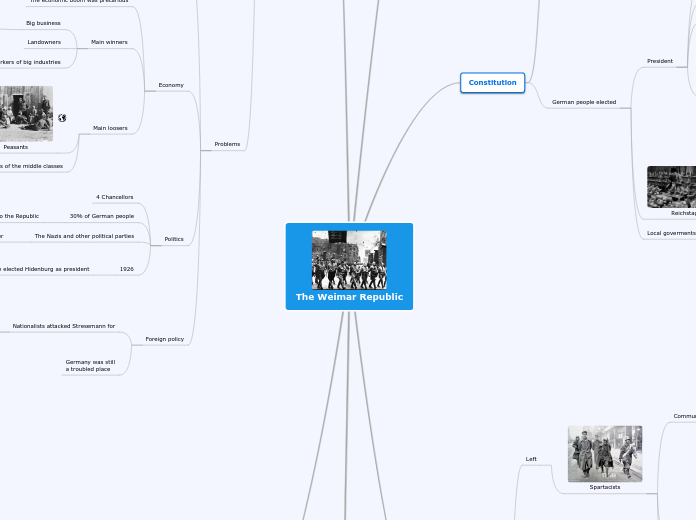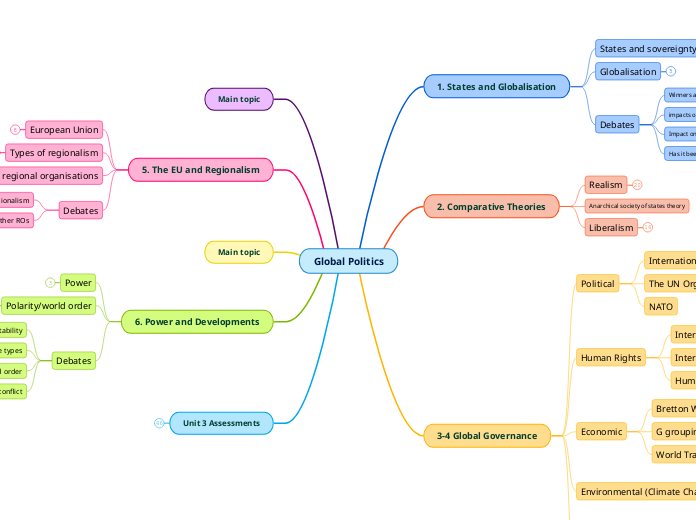Energy East Pipeline
Causes
Need for safer oil transportation methods (rail vs pipeline)
Though pipeline leakage can cause more environmental damage, they're considered a much safer option when preventing loss of human life
When derailment occurs, there is a greater chance of loss of life and property damage since most derailments also result in explosions
What factors can we look at to determine which option (rail or piepline) is best?
Public pressure to create jobs in the energy sector
Demand for western oil in Eastern Canada, which currently relies on foreign oil imports
"Foreign oil isn’t the solution. Energy East is !" - TransCanada
http://www.energyeastpipeline.com/foreign-oil-isnt-the-solution-energy-east-is/
Western Canada exports most of its oil to the USA since there are no existing east-to-west pipelines in Canada
Oil companies looking to export their product
Colonial legacy
Historically, First Nation's people had their land exploited for its resources by early settlers
For instance, the abundance of beaver fur made Canada profitable to many fur traders who eventually setup fur trading posts across the land
The Constitution Act of 1982 section 35 affirms First Nation land rights
Possible Solutions
Support Energy East
Voice your approval of Energy East with your local MP/MPP to reap its economic benefits.
More Consultations with First Nation/environmental groups
Oil companies and government officials should hold meetings with First Nation and environmental groups to discuss concerns regarding this project
Discussing these concerns can allow for an Energy East pipeline that everyone can be happy with
Continue to transport oil via current methods (e.g. rail, truck)
Reject Energy East
Let Ottawa know that Canadians do not approve of Energy East by signing petitions, protesting and contacting your local MP/MPP to protect the environment.
What is it?
Passes through 50+ First Nation communities
Transports highly toxic diluted bitumen
Would convert existing gas pipelines into oil pipelines, using existing and proposed pipelines
It would be the largest pipeline in North America
Pipeline proposed by TransCanada
Political Implications
The approval of TransCanada's pipeline may pave the way for more pipeline projects in Canada
This would make it easier for Oil companies to get their projects approved
Will create conflict between Canadian government officials
"While Mr. Coderre (mayor of Montreal) dumps a billion litres of raw sewage directly into his waterways and benefits from billions in equalization payments, his opposition to the Energy East pipeline is nothing short of hypocritical" - Wildrose party leader Brian Jean
" I trust Montreal area mayors will politely return their share of $10B in equalization supported by the west " - Saskatchewan Premier, Brad Wall
" (Trudeau's) lack of leadership on this issue is creating divisions in the country" - Rona Ambrose
Government officials in Quebec have mostly come out against Transcanada, while officials out west largely support Energy East
Economic Implications
Estimated to create almost 15,000 development/construction jobs across Canada
Incentives given by TransCanada for First Nation communtities who support Energy East
TransCanada gave Kanesatake $15,000 last year to open a community consultation process
TransCanada donated $10,000 to the Mohawk Council of Akwesasne to develop a new walking trail on their territory.
Expected to generate $55 billion by 2040 which will be divided up amongst the provinces
Provides access to international markets
Access to cheaper Canadian oil for Eastern refineries
The union of agriculture producers says the pipeline will cross food growing regions of Quebec, putting food at risk in the event of an oil spill
No country wants to import food that has been contaminated
will hurt agriculture market in Quebec
The conversion of gas to oil pipelines would cut off access to western natural gas
Gas pipelines would be converted into oil pipelines, driving up natural gas prices in the east
Social Implications
Destroys First Nation traditions
"The project (Energy East) would destroy the areas we traditionally use for ceremonies to keep people alive" - Kingsclear First Nation Chief Gabriel Atwin
has created an east-west divide in Canada, with Albertans mostly for Energy East while Quebecers remain largely against it
Why might opinions on Energy East vary from East to West?
How might this be considered potentially dangerous to Canadian society?
Eastern Arguement
Too few economic benefits with too many environmental threats
Western Arguement
Oil revenue is shared between the provinces - everyone benefits, not just western provinces.
" This (Energy East is) is affecting national unity." - Rona Ambrose
Environmental Implications
Energy east would increases greenhouse gas emissions
Energy East would contribute to 30-32 million tonnes of CO2 a year
2 proposed oil export terminals will put threatened marine life populations (e.g. Beluga whales) at risk of extinction
Concerns
International
Energy East would further increase the rate of climate change
Inconsistent with Canada's international commitment to curb climate change (Alberta Cap on pollution)
How would the Canadian government plan to achieve its climate change goals if Energy East is built?
How might other Paris Climate Agreement signatories view Canada's new pipeline proposal?
National
Energy East will halt Canada's transition to cleaner forms of energy/renewable sources
90% of Energy East's oil is meant for export meaning Canadians would benefit little from the project
Local
Runs through remote areas (e.g. First Nation communities, rural regions) which are prone to increased damage in the event of an oil spill.
Existing natural gas portion of the Energy East pipeline exploded twice in the past
80% of pipeline spills in the last 3 years were first noticed by people, not oil companies. This disregard for pipelines by oil companies has allowed more time for oil to seep into the surrounding ecosystem when pipes rupture
Potential oil spills could threaten fragile water ecosystems like that of the St.Lawrence
Who would be responsible for cleanup in the event of an Energy East oil spill?
Could contaminate local drinking water
Federal Gov. confirms, diluted bitumen sinks when mixed with sediment, making waterway cleanup problematic
Where?









